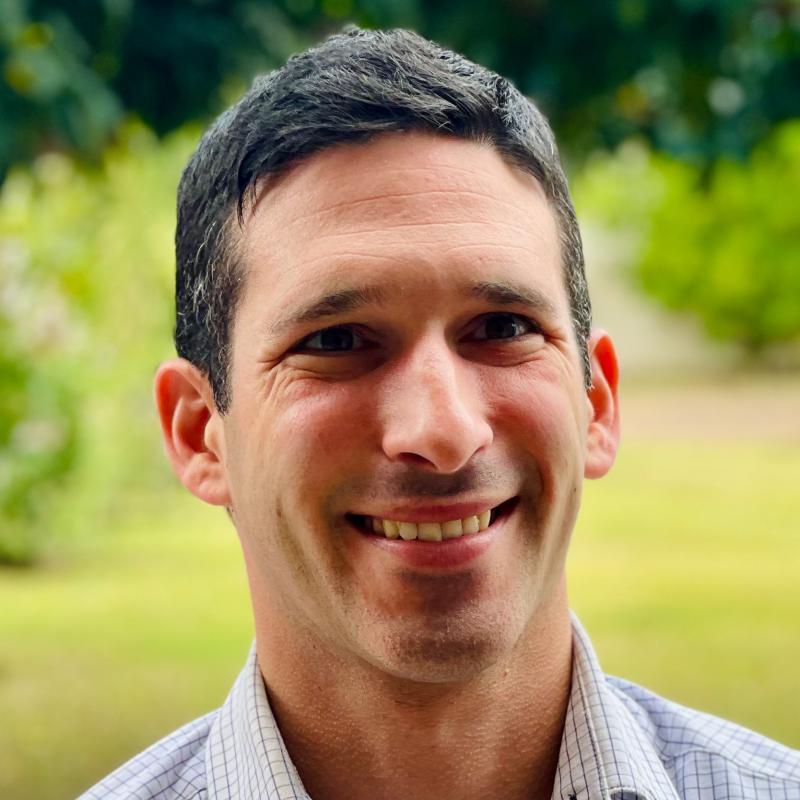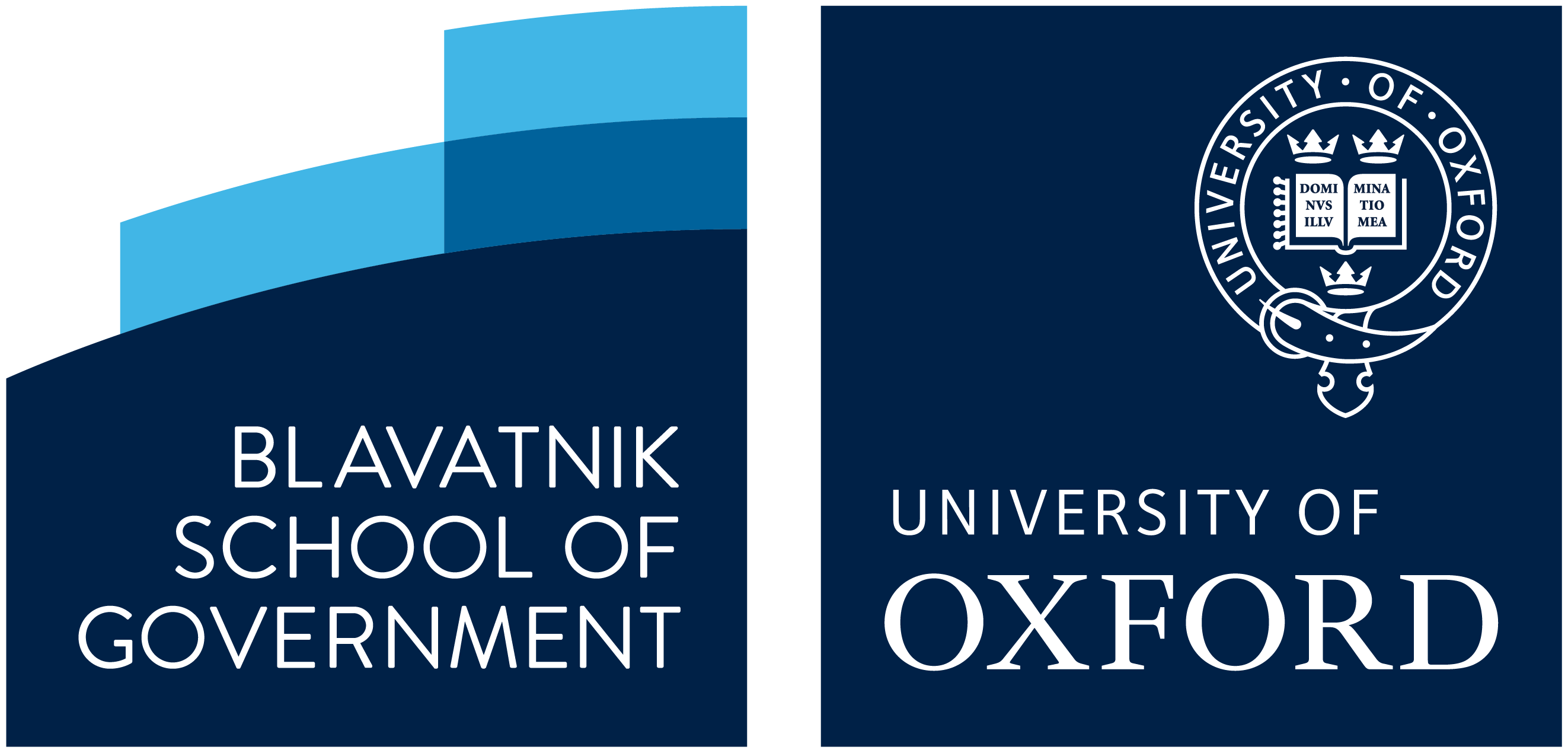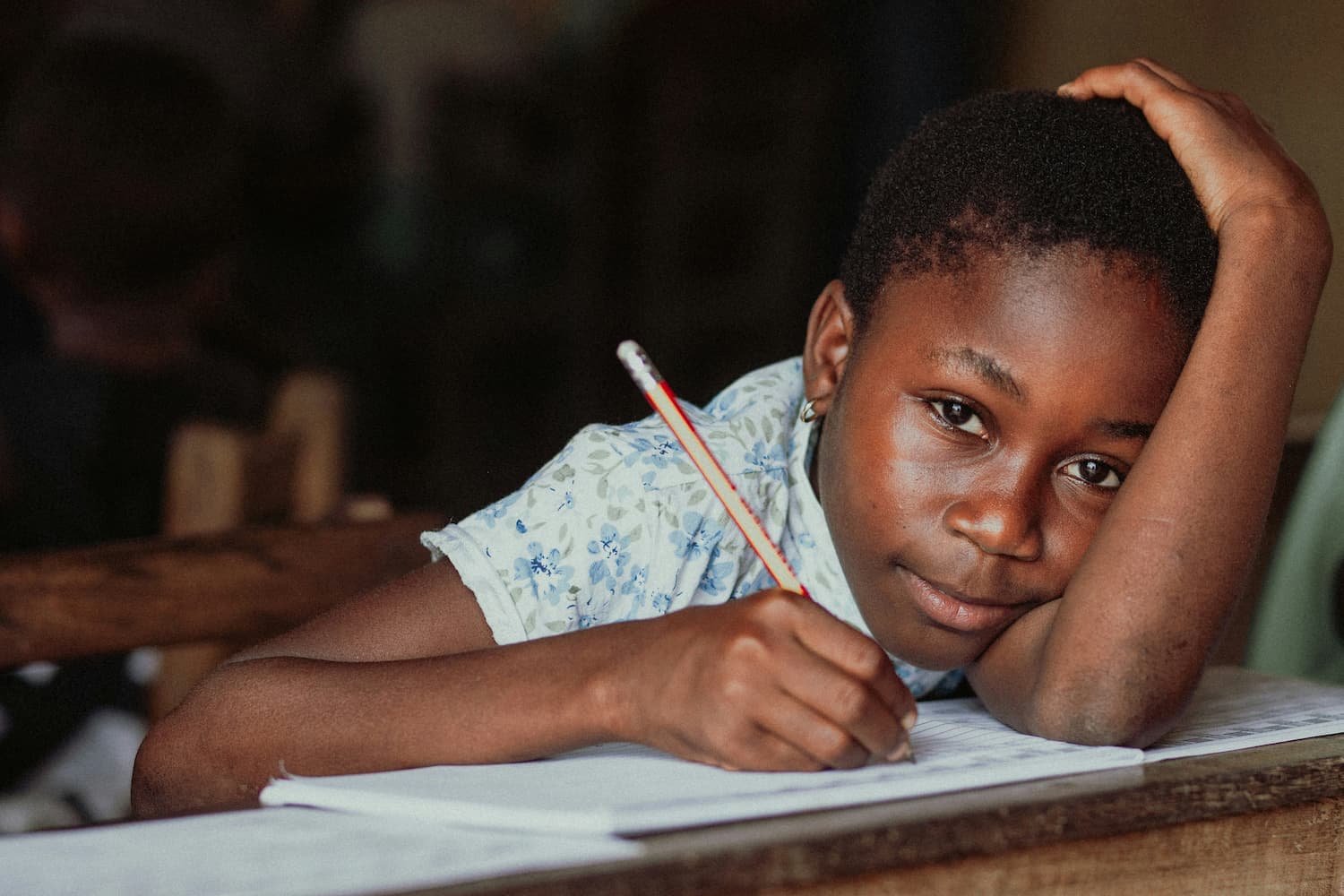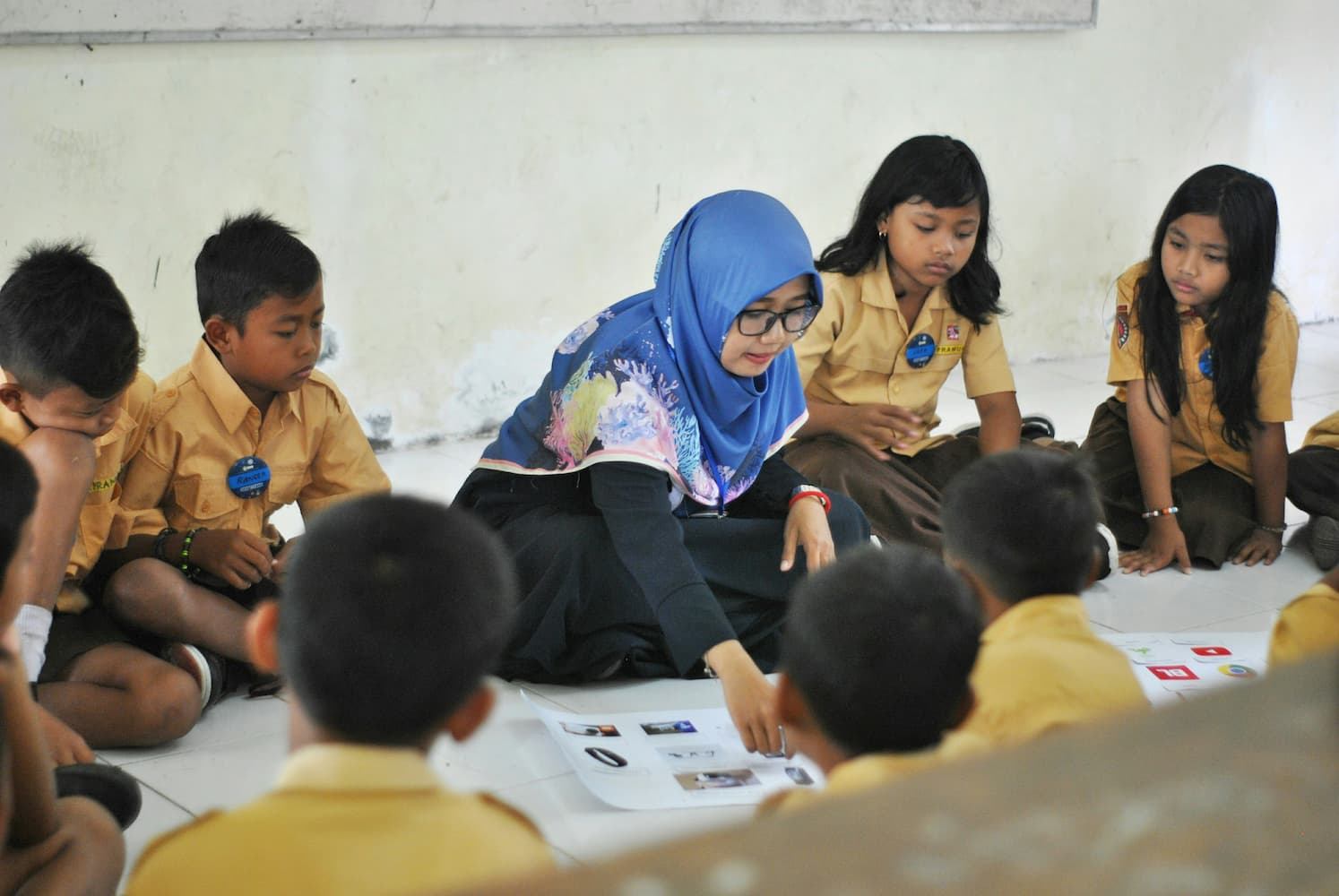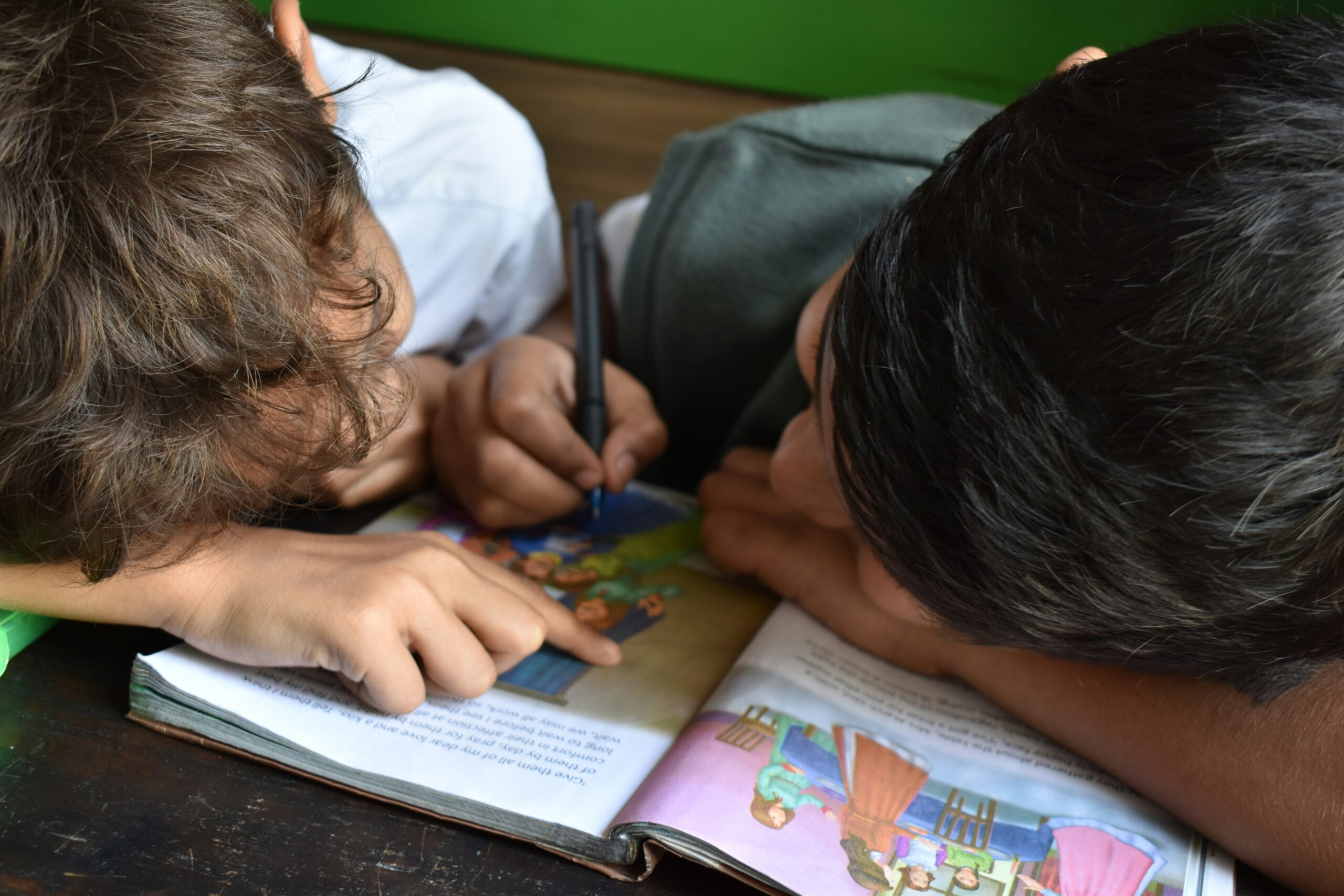Noam Angrist is the Academic Director of the What Works Hub for Global Education. His interests focus on bridging the gap between evidence on ‘what works’ to enable young people to thrive and translation into scaled intervention and policy.
Noam has published in leading academic journals including Nature, Nature Human Behaviour, and the Journal of Economic Perspectives. In addition, he has published across disciplines, including education, economics, public health, and the natural sciences. His research includes primary research on programme and policy effectiveness via randomised trials and natural experiments, building global databases and public goods, and synthesising evidence to inform policy.
He has consulted for the World Bank Chief Economist, FCDO’s Chief Economist, and led key aspects of the development of the World Bank Human Capital Index education pillar. This includes the development of Harmonized Learning Outcomes and a new global measure of education, Learning-Adjusted Years of Schooling, which has been adopted as an indicator by the World Bank, FCDO and USAID to track education systems at the country level.
Noam led the development of UNICEF’s evidence menu for the Foundational Literacy and Numeracy Hub (FLN) hub in partnership with the Abdul Latif Jameel Poverty Action Lab (J-PAL). He also led the academic research underpinning the inaugural report of the Global Education Evidence Advisory Panel, which reviewed over 150 impact evaluations in education and provided timely recommendations on cost-effective ‘smart buys’ to improve learning outcomes in low- and middle-income countries.
He is the co-founder of Youth Impact, one of the largest NGOs dedicated to scaling-up health and education programmes backed by rigorous randomised trial evidence. Headquartered in Botswana, the organisation has scaled evidence-based programmes to over 100,000 youth across ten countries.
Youth Impact has pioneered the use of A/B testing in the social sector to optimise evidence-based programmes on the path to scale, conducting 25 rapid randomised trials in just 36 months, in addition to conducting multiple large-scale randomised trials in partnership with J-PAL and the World Bank. The organisation has solidified multi-year partnerships with UNICEF, USAID, and the Brookings Institution and signed an MOU with the Botswana government to scale-up evidence-based programmes nationally.
During Covid-19, Youth Impact produced the world’s first evidence on distance education, published in Nature Human Behaviour, and has since re-tested and scaled the programme in five additional countries (India, Kenya, Nepal, Uganda, and the Philippines) with governments, NGOs, and multilateral partners within 18 months. These efforts represent some of the largest, fastest, multi-country evidence bases ever generated in education.
Noam has a BSc in Mathematics and Economics from the Massachusetts Institute of Technology (MIT) and a PhD (DPhil) from the Blavatnik School of Government, University of Oxford. Angrist was a Fulbright and Rhodes scholar, and his work has been recognised by Forbes, the Skoll World Forum, and the World Economic Forum.
